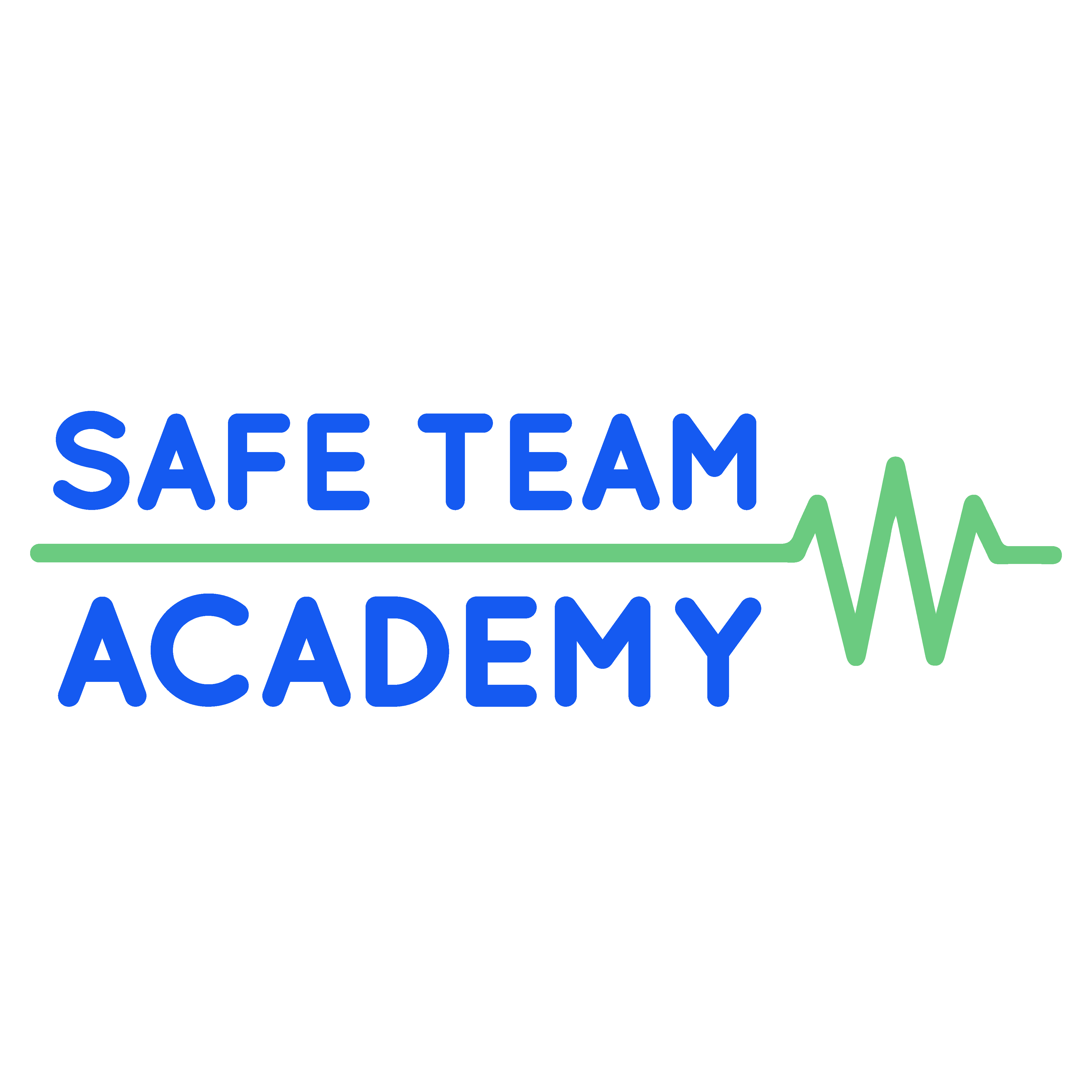The practice of medicine today faces unprecedented challenges linked to profound societal changes: digitization of information, development of new expertise in care, aging population, constantly increasing demand for care, hyperspecialization, multiplication of knowledge, exponentially increasing number of scientific publications, etc.
The sociologist Elliot Freidson, in his book Professional Dominance: The Social Structure of Medical Care, develops the concept of professionalism, particularly in the medical field.
Until now, care activity has been based primarily on the acquisition of knowledge, skills, and competencies specific to each profession. However, although these elements are essential, they are not always sufficient to attest to "professional practice."
In healthcare, interpersonal skills, moral values, and ethical values are an integral part of the definition of professional expertise.
To develop professional practice in healthcare, it is essential to define what professionalism really is.
The “good” healthcare professional
Professionalism refers to professional conduct, which combines the specific knowledge of each occupation and the expected behavior of the professionals concerned towards society as a whole. A "professional" can be defined as follows:
Personwho belongs to a group (a profession) and who possesses the knowledge (savoirs), skills (savoir-faire) and attitudes (savoir-être) acquired during training, which are specific to his or her profession and which are put at the service of other members of society.
In healthcare activities, professionalism concerns both the technical and scientific dimensions of care, as well as the moral, ethical, and relational aspects.
According to the Université de Montréal, as a professional, the physician (and caregiver more generally) is committed to promoting the well-being of patients and communities while respecting people, standards of practice and norms governing his or her profession in the sense of collaborative practice; accountable for his or her actions, he or she assumes responsibility for his or her professional conduct and activities.
To reflect on the attributes that characterize a "good" healthcare professional, it is interesting to put oneself in the patient's shoes by asking the following question: "What attributes promote a climate of trust when I consult a healthcare professional?"
Through this reflection, Professor Thierry Pelaccia has defined five attributes that characterize a healthcare professional demonstrating professionalism:
- The development and maintenance of skills throughout one's career, through continuous professional development
- Relational skills
- Collaborative practice skills
- Integrity and professional ethics
- Patient partnership
Professionalism, therefore, refers to the attitudes and values upon which clinical practice is based, during the encounter between the patient and the caregiver.
For a clinical practice that respects the codes of professionalism, it is essential to base it on non-judgmental observation, attentive listening, an examination encompassing physical, cognitive and emotional aspects, and an approach to reasoning and decision-making that is oriented towards the patient, not just the disease.
More specifically, the attributes of professionalism are based on a set of interconnected elements. In a medical context, these attributes refer to the values and attitudes that underpin clinical practice during the interaction between caregiver and patient.
SafeTeamAcademy and professionalism
To train and support healthcare teams in their professional development, it is necessary to train them in non-technical skills through an approach that emphasizes human factors.
SafeTeam Academy, through its video-immersive training courses, enables the development of non-technical skills such as teamwork, workload management, communication, situational awareness, and self-awareness (stress or fatigue management). This necessary investment for our patients also meets a need of healthcare professionals, who are always seeking to improve the quality of their care.
Reflexivity is also an important element in developing professionalism. This reflexivity is stimulated through situations that challenge healthcare professionals about their actions. Perceived authenticity is one of the keys to enabling this reflexivity and its transfer into real-life scenarios. The video immersions at SafeTeam Academy present a very strong perceived authenticity, which is why our training courses promote the analysis of practices, the acquisition of new skills, and the transfer of knowledge into practice... ultimately improving the quality and safety of care.
If you too would like to play your part in making care more reliable, come and discover the SafeTeam Academy training courses!
To learn more about our training programs, please email us at contact@safeteam.academy.
We would like to take this opportunity to pay tribute to the work of Professor Thierry PELACCIA and thank him for his participation in the scientific council of the SafeTeam Academy.




